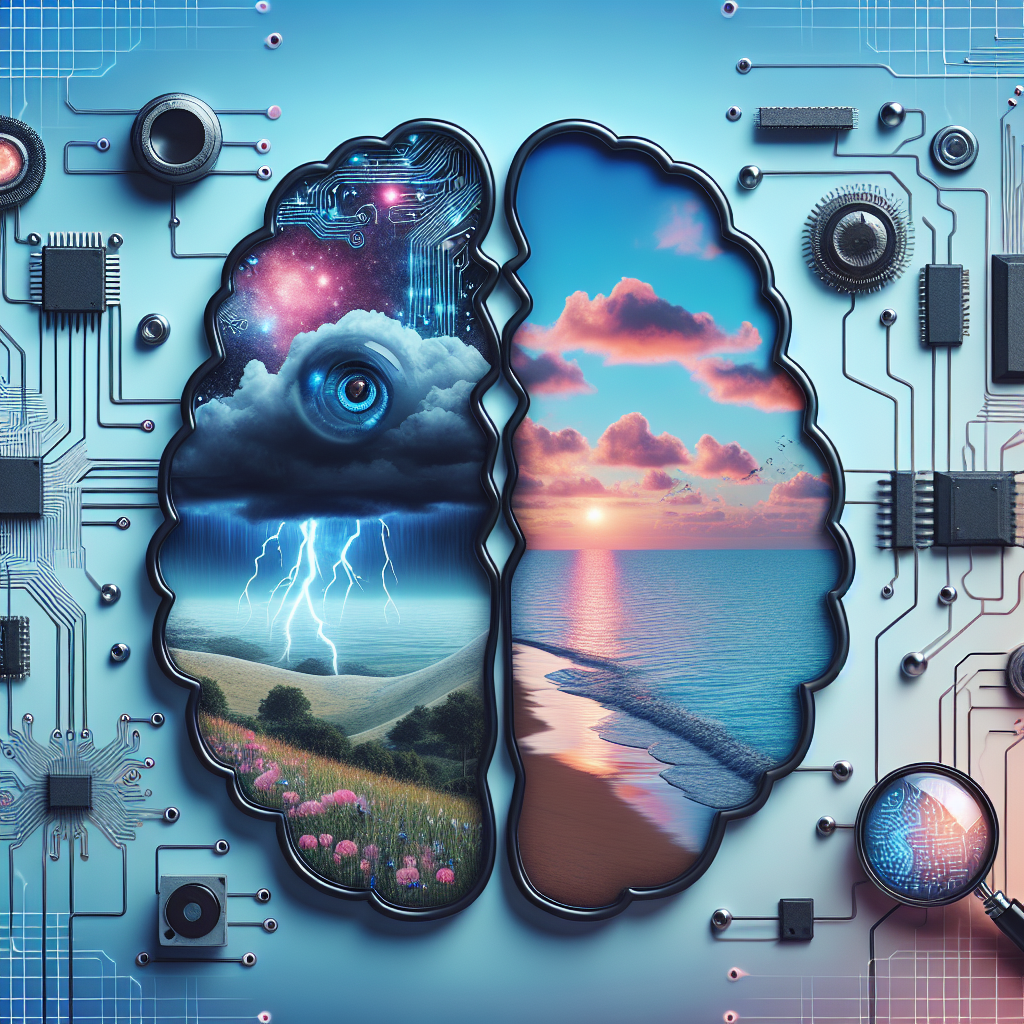In recent years, the integration of artificial intelligence (AI) technology into various industries has revolutionized the way business is conducted. One area that has seen significant advancements in AI integration is the field of mental health services. AI has the potential to improve the efficiency, accuracy, and accessibility of mental health services, ultimately helping more people receive the care they need.
AI technology can be used in a variety of ways to enhance mental health services. One of the most common applications of AI in this field is through chatbots. Chatbots are computer programs that simulate conversation with users, providing information and support in a conversational manner. In the context of mental health services, chatbots can be used to provide immediate support to individuals experiencing a mental health crisis, as well as to offer ongoing support and guidance to those seeking help for issues such as anxiety, depression, and stress.
Chatbots are particularly useful for individuals who may not feel comfortable talking to a human therapist, or who may not have access to mental health services due to financial or geographical barriers. By using AI-powered chatbots, individuals can receive support and guidance in a non-judgmental and confidential manner, without having to worry about stigma or cost.
Another way that AI is being integrated into mental health services is through the use of predictive analytics. Predictive analytics involves using data and algorithms to predict future outcomes, such as the likelihood of a person developing a mental health disorder or the effectiveness of a particular treatment. By analyzing large amounts of data, AI can help mental health professionals identify individuals at risk of developing mental health issues and provide early intervention and support.
AI can also be used to personalize treatment plans for individuals with mental health disorders. By analyzing a person’s unique characteristics, such as their genetics, lifestyle, and medical history, AI can help mental health professionals develop customized treatment plans that are tailored to the individual’s specific needs. This personalized approach to treatment can lead to better outcomes for individuals with mental health disorders, as it takes into account their unique circumstances and preferences.
In addition to chatbots, predictive analytics, and personalized treatment plans, AI can also be used to improve the efficiency of mental health services. For example, AI-powered scheduling algorithms can help mental health professionals optimize their schedules and reduce wait times for appointments, ensuring that individuals receive timely care. AI can also be used to analyze large amounts of data to identify trends and patterns in mental health disorders, helping researchers and policymakers develop more effective strategies for prevention and treatment.
Despite the potential benefits of AI integration in mental health services, there are also challenges and concerns that need to be addressed. One of the main concerns is the privacy and security of personal data. AI systems rely on large amounts of data to function effectively, and there is a risk that sensitive information about individuals’ mental health could be compromised or misused. It is important for mental health professionals and AI developers to prioritize data security and privacy, and to adhere to strict ethical guidelines when using AI technology in mental health services.
Another concern is the potential for AI to replace human therapists and counselors. While AI can provide valuable support and guidance to individuals with mental health issues, it is not a substitute for human interaction and empathy. It is essential for mental health professionals to use AI technology as a tool to enhance their work, rather than as a replacement for human care. By combining the strengths of AI technology with the expertise and compassion of human therapists, mental health services can be more effective and holistic.
Despite these challenges, the integration of AI technology in mental health services has the potential to revolutionize the way mental health care is delivered. By providing immediate support, personalized treatment plans, and efficient services, AI can help more people receive the care they need and improve outcomes for individuals with mental health disorders. As the field of AI continues to evolve, it is important for mental health professionals to stay informed about the latest advancements and to collaborate with AI developers to ensure that AI technology is used in a responsible and ethical manner.
FAQs
Q: How does AI technology improve mental health services?
A: AI technology can improve mental health services in a variety of ways, including providing immediate support through chatbots, predicting future outcomes through predictive analytics, personalizing treatment plans, and optimizing scheduling algorithms to reduce wait times for appointments.
Q: Is AI technology a substitute for human therapists and counselors?
A: AI technology is not a substitute for human therapists and counselors, but rather a tool to enhance their work. While AI can provide valuable support and guidance, it is essential for mental health professionals to combine the strengths of AI technology with their expertise and compassion to provide holistic care.
Q: What are the concerns about using AI technology in mental health services?
A: Some of the main concerns about using AI technology in mental health services include the privacy and security of personal data, the potential for AI to replace human therapists, and the need to ensure that AI technology is used in a responsible and ethical manner.
Q: How can mental health professionals collaborate with AI developers to improve mental health services?
A: Mental health professionals can collaborate with AI developers by staying informed about the latest advancements in AI technology, sharing their expertise and insights, and working together to ensure that AI technology is used in a responsible and ethical manner to enhance mental health services.

